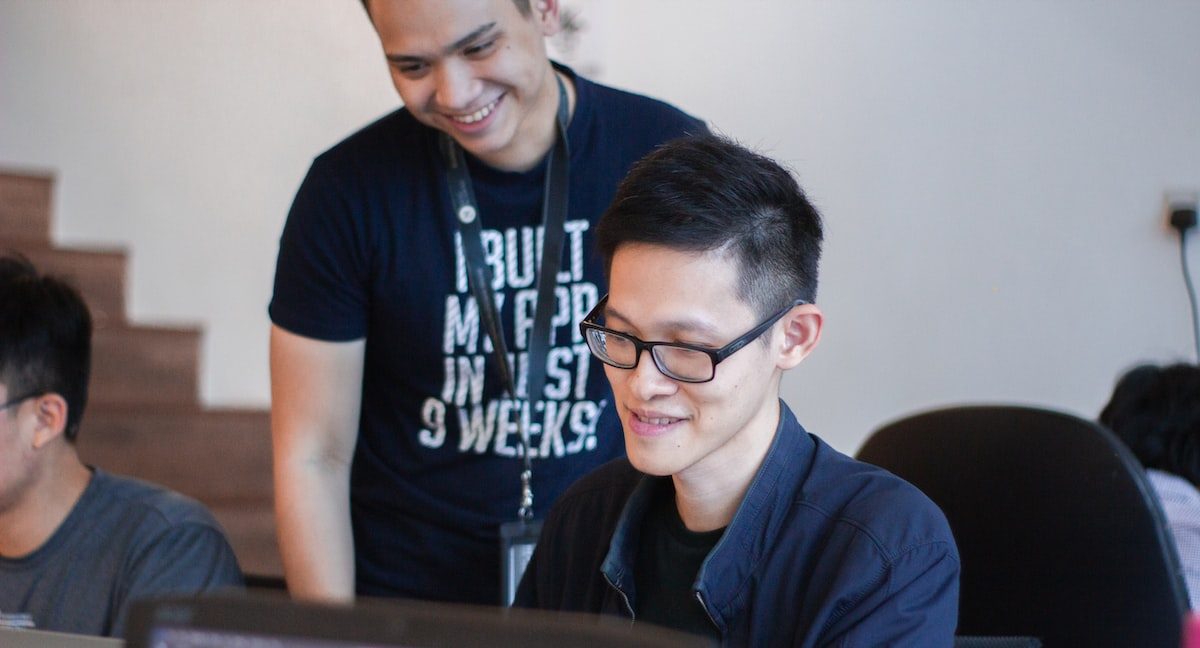Initial situation
- As it is becoming increasingly difficult for Saxon companies to meet their needs for skilled workers, the option of recruiting and integrating skilled workers from third countries is coming into sharper focus.
- As a result of many years of educational cooperation in China, more than 3,000 specialists trained to German standards have successfully placed themselves in regional and international companies. Quite a few of these young professionals have the desire to work in Germany.
- On the one hand, the skilled labor situation in Germany is constantly worsening; on the other hand, well-trained and highly motivated Chinese skilled workers who are eager to gain work experience in Germany are completing their training.
Our work in the field of recruiting skilled workers
Based on this situation, in 2021 TUDFaCE also designed a project with regional partners to attract skilled workers through qualified immigration from China.
As part of this project, we bring well-trained Chinese specialists together with companies in Saxony and provide them with intensive support before and during their professional start in Germany.
In the economic region of Dresden, TUDFaCE receives financial support from the tax funds within the framework of the project »Averting a shortage of skilled workers – Chinese skilled workers in the Dresden economy« (PDF, 249kB) on the basis of the budget passed by the Saxon state parliament.

